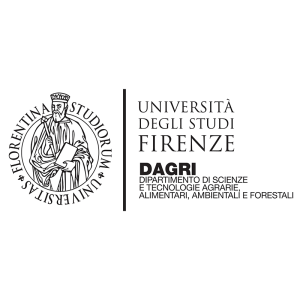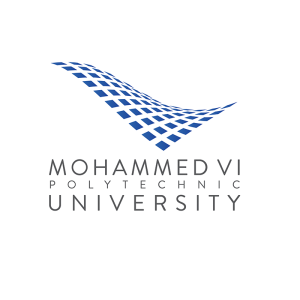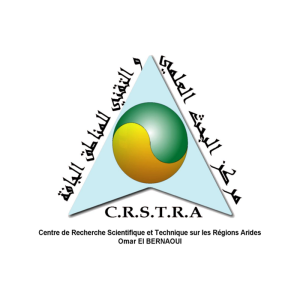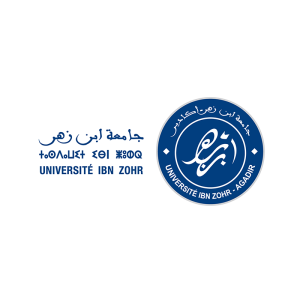The Department of Agriculture, Food, Environment and Forestry (DAGRI) of the University of Florence (Italy) has over 125 academic staff, 60 technicians and administration personnel, 40 PhD students, 60 postdocs and 50 research fellows. The main research lines of the Department include: agriculture (agronomy, arboriculture, precision farming), environment and landscape (climate change, ecosystem services, land use changes), forestry (ecology, forest management and monitoring), livestock science, food science (food quality, production processes, product tracing and certification, preference analysis). Research activity is supported by numerous national and international projects, including various development cooperation projects, and strong partnerships with public and private institutions working in the agriculture, food and forestry sectors. Dr. Antonio Santoro works in the research unit called Laboratory of Landscape and Cultural Heritage coordinated by Prof. Mauro Agnoletti, and will be the project coordinator on behalf of DAGRI; other researchers involved in the project include Dr. Francesco Piras, Dr. Beatrice Fiore, Dr. Federica Romano and Dr. Alessandra Bazzurro.
PROJECT COORDINATOR AND PARTNERS


Mohammed VI Polytechnic University (UM6P), is a higher education institution with an international standard and is established to serve Morocco and the African continent. Its vision is honed around research and innovation at the service of education and development. The university is committed to the pursuit of sustainable, innovative, and promising projects and partnerships with academic, institutional, and corporate partners in different scientific fields including humanities, business, economics, architecture, material science, chemistry, energy, agriculture, water, climate change, mining, and engineering. UM6P also has an outstanding ecosystem of Living Labs for experimentation and scaling up as well as various acceleration and startup programmes. More than a traditional academic institution, UM6P is a platform for experimentation and a breeding ground for opportunities that students often rightly call “The school of life”. Prof. Victor Ongoma will act as the scientific coordinator for UM6P. Other researchers involved in the project are Dr. Youssef Brouziyne, Pr. Epule Terence, Pr. Tarik Chfadi, Dr. Beniaich A.

The Mohamed Khider Biskra University (UNI-Biskra) is spread over three campuses. It has approximately 34,000 students and 1,400 teachers, including 447 teachers of senior rank. The University of Biskra is made up of 6 faculties and an institute of sports sciences and techniques. These have 23 educational departments and 36 educational laboratories. UNI-Biskra has 33 research laboratories, an intensive language teaching center, a career center, a business-university liaison office, an entrepreneurship office and a job-finding club. The department of agronomic sciences has 12 educational laboratories and three research laboratories and 02 experimental sites. Three levels of training are taught: 5 undergraduate training courses, 5 masters training courses and doctoral training. Prof. Boumaraf Belkacem (soil scientist expert) will act as the scientific coordinator for UNI-Biskra; other team members include: Prof. Méhaoua Mohamed Séghir (plant protection), Prof. Benziaouche Salah Eddine (rural economy), Dr. Saadi Inesse (plant protection), Dr. Guimeur Kamel (soil scientist), Dr. Mahmoud Débabeche (Hydrologist).

The Centre de Recherche Scientifique et Technique sur les Regions Arides (CRSTRA) is responsible for developing scientific and technical research and maintain an ecological eve through continuous observation and the setting up of a scientific and technical database at the level of arid and semiarid territories (Saharan and steppe regions) which cover more than 85% of the national territory. CRSTRA activities mainly focused on 5 areas: Optimizing the use of water resources; Saharan agriculture; The steppe and desertification; Climate and environment; Socioeconomic aspects. The mission of CRSTRA is related to performing scientific and technical research programmes on arid regions and/or regions threatened by drought or desertification, for their sustainable development. Dr. Said Bouarfa will act as the scientific coordinator for CRSTRA.

The University Ibn Zohr (UIZ) was established in 1983. It represents one of the most important institutions in Morocco, and it covers most of the Souss-Massa-Draa territory and the provinces of the South. The university directs several institutions concerned with Sciences and Techniques, legal sciences, economy and social sciences. Several research topics are developed within the framework of the natural resources management (water, agriculture, agri-business, tourism, halieutics resources, social sciences, energy, climate change and impacts…) and works in close cooperation with the hydraulic agencies of the basins, the Drinking water department (ONEP), the Department of Agriculture (ORMVA), the National Agency for the Development of Oasis and Argan Zones (ANDZOA), IAV, INRA, NGOs, and local communities. UIZ’s expertise in water resources management under severe drought stress and intensive groundwater exploitation will add an angle to the project in terms of the assessment of the multiple stressors on the economic, social, and environmental impacts of various water resources allocation alternatives at the overall river basin level. Prof. Lhoussaine Bouchaou will act as the scientific coordinator for UIZ; other researchers involved in the project include Dr. Adnane Labbaci, Dr. Mohammed Hssaisoune, Dr. Abdelali Tairi, Nadia Eddaif (PhD), Oulammou and Moussa Ait El Kadi (PhD).





